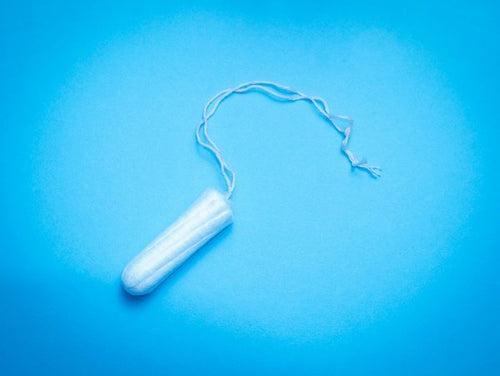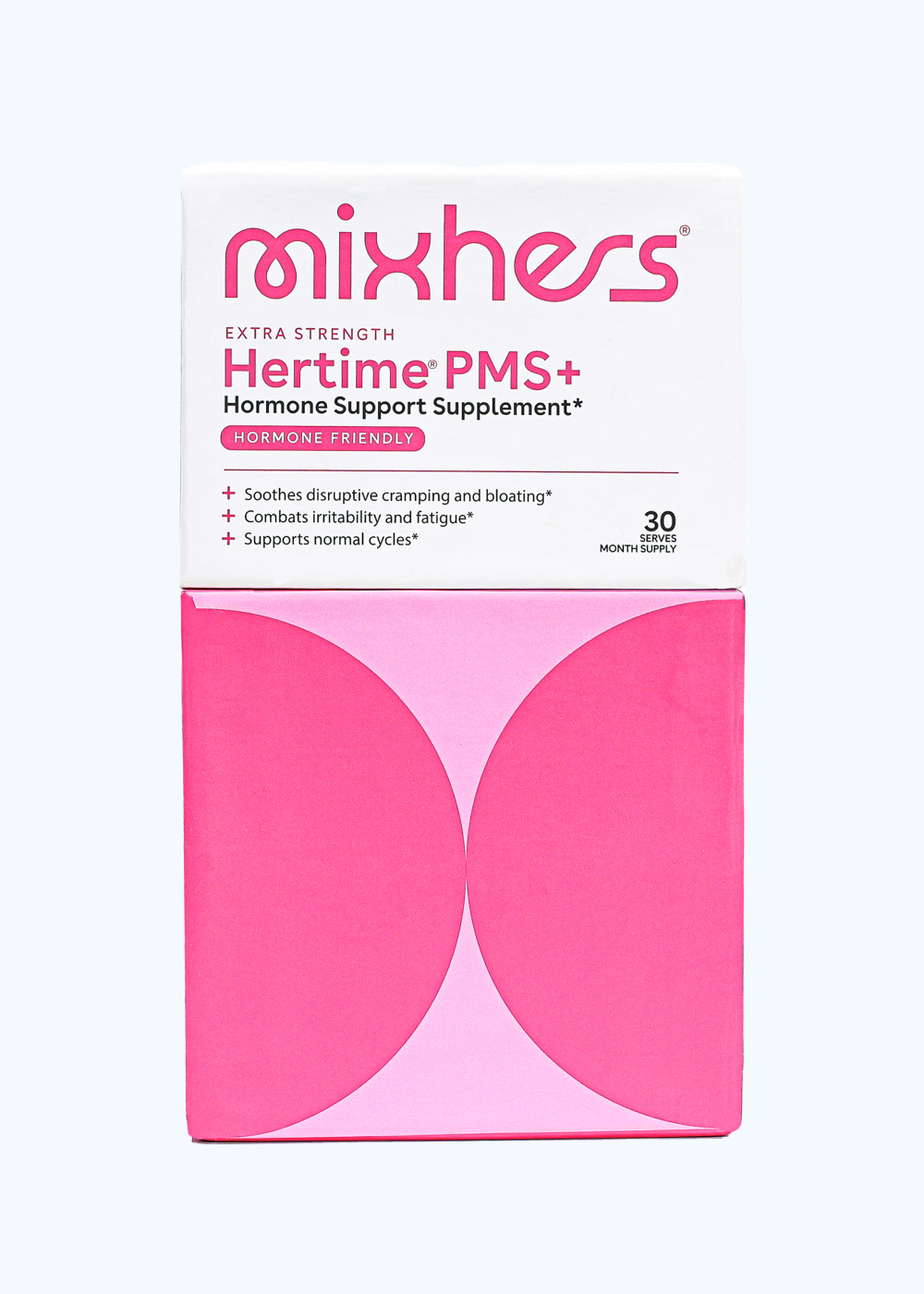Some of us feel like we have very little control over our emotions and appetites. There may be specific hormone imbalances causing these feelings. For example, if we have an insatiable appetite, high blood sugar, and weight gain, our insulin hormone may be out of balance. When properly balanced, this hormone sends the body signals for how to use glucose. But if insulin gets and stays too high, it can lead to a condition called insulin resistance, cause weight gain, and decrease your mood or increase anxiety.
For those of us dealing with insulin resistance because of too much insulin in our bodies, achieving our weight loss goals may seem impossible. When we have insulin resistance, we may struggle with excessive hunger, cravings for unhealthy foods, and fatigue.
Other hormonal imbalances (including too high or too low insulin levels, cortisol levels, or thyroid hormone) can cause other physical, mental, or emotional issues. Here is some additional info about imbalances, signs, and symptoms.
Keep in mind that the symptoms of hormonal imbalance are so varied that it’s almost impossible to list them all here. But here are some of the more common indications your hormone levels may not be ideal:
- Depression
- Insomnia
- Fatigue
- Anxiety
- Fertility problems
- Loss of libido
- Hair loss
- Reduced cognitive function
- Unusual sensitivity to cold or heat
- Irritability/mood swings
- Weight loss or weight gain
Both men and women can experience these symptoms if their hormone balance is not ideal. Women can also experience unique problems regarding hormone balance, such as too much or too little estrogen, testosterone, or progesterone, that can lead to menstrual pain or irregularities.
Our sex hormones (including progesterone, estrogen, and testosterone) can become imbalanced for a variety of reasons. Some women are surprised to discover that testosterone is something we have in our bodies. Though we have less than men, testosterone is still important for the growth and repair of our female reproductive tissues. But if we have too much testosterone, we can have problems like frontal balding, infertility, acne, and polycystic ovary syndrome.
Hormone imbalance also occurs when our cortisol levels are out of whack. Cortisol is a stress hormone produced in the adrenal gland that regulates our stress levels, immune response, metabolism, and other body processes. If our cortisol levels are too high, we’re more likely to feel symptoms such as fatigue, muscle weakness, inability to achieve weight loss, thinning skin, flushed face, and easy bruising.
Some of these symptoms are also common with thyroid gland issues, so it may be necessary to get a blood test and have your thyroid levels checked out to determine whether there is a thyroid imbalance or a cortisol imbalance.
If you’re concerned that any of these hormone levels may be imbalanced in your own body, here are some steps you can take to control your hormones better instead of letting imbalanced hormones control you.












